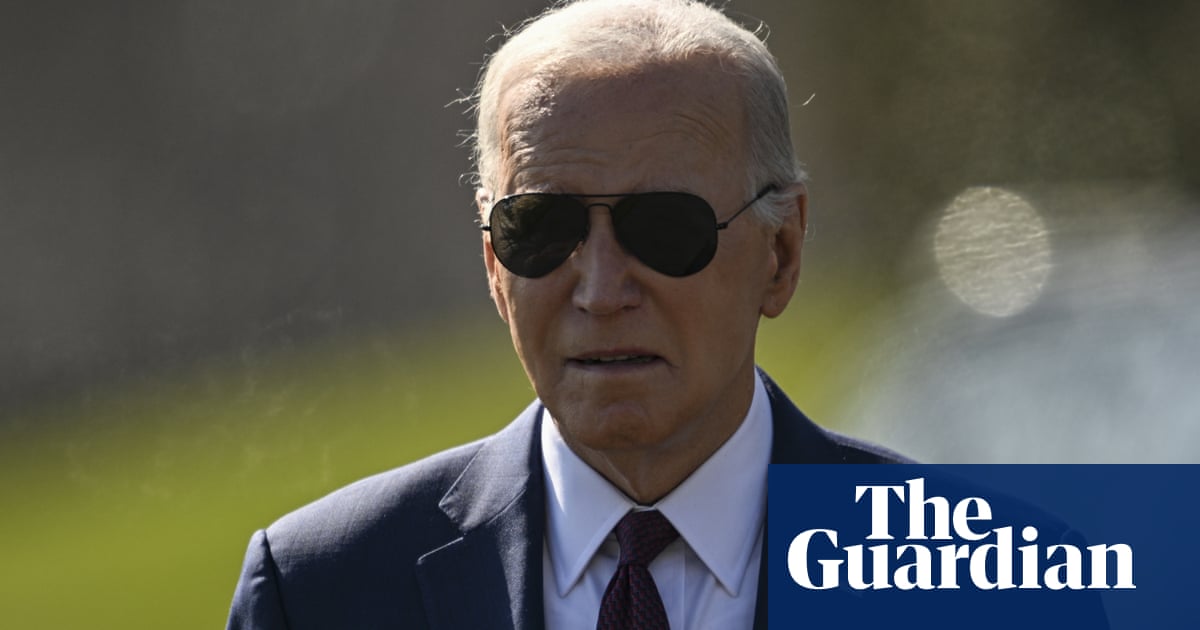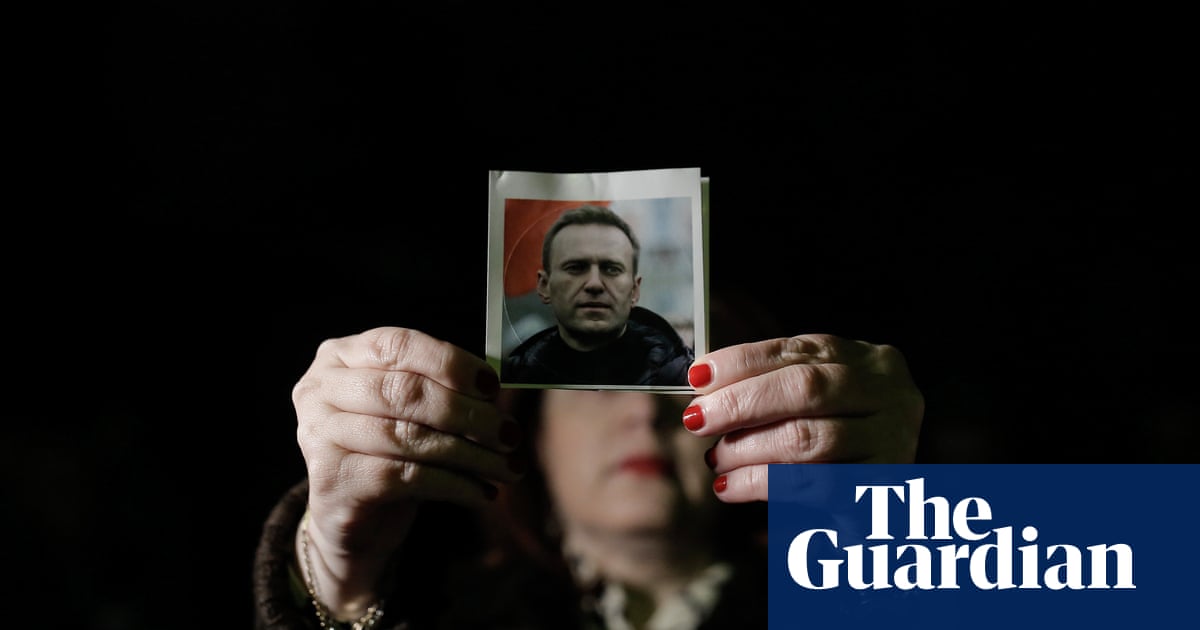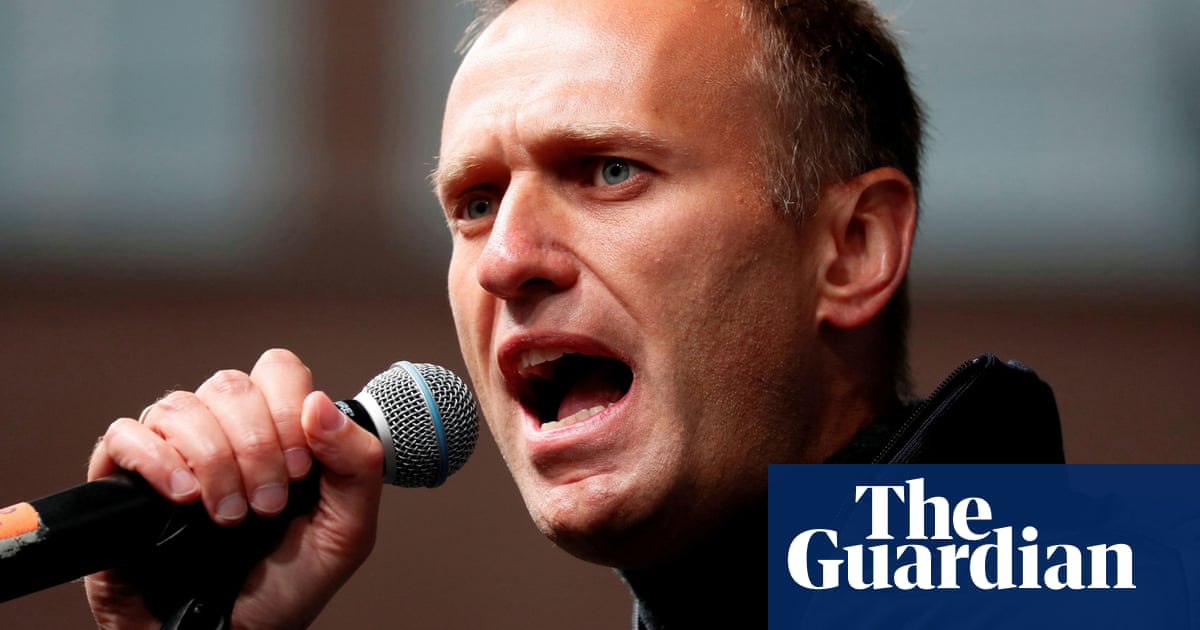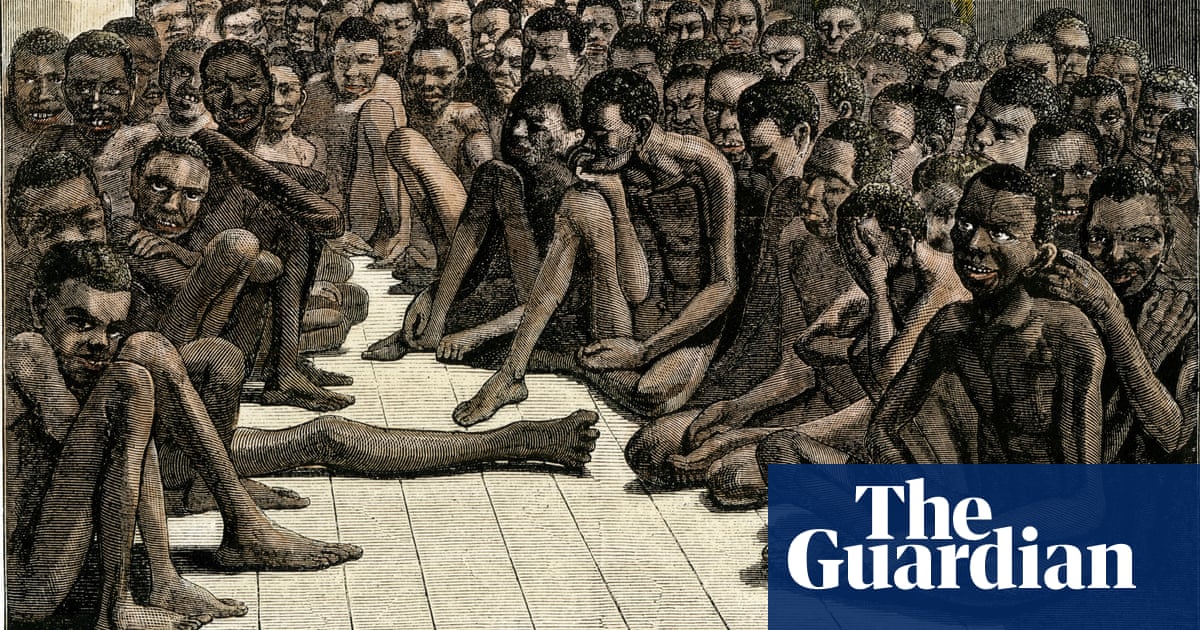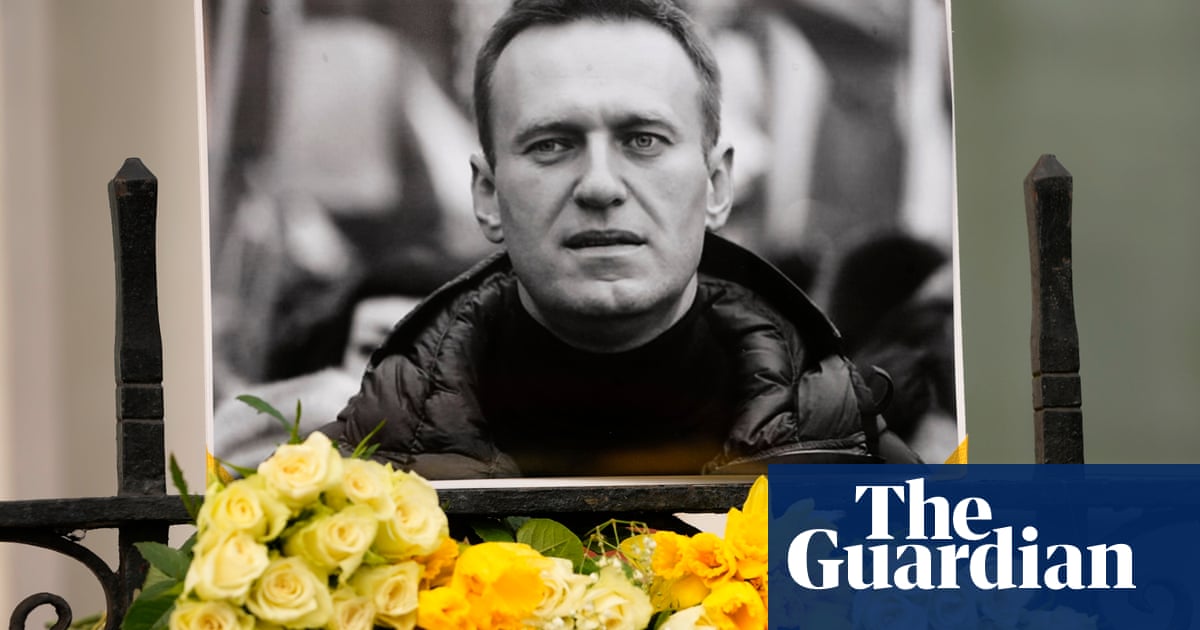
The news of Alexei Navalny’s sudden death in an Arctic penal colony has led to numerous calls for the authorities in Russia to be held responsible (Western leaders point finger at Putin after Alexei Navalny’s death in jail, 16 February). They are certainly answerable according to human rights law, but achieving accountability against Russia has become even harder since its expulsion from the Council of Europe in 2022, as a consequence of the invasion of Ukraine. As a result, Navalny’s family cannot now petition the European court of human rights to get to the truth about his death.
Nevertheless, UN bodies such as the human rights committee still have jurisdiction over Russia, and cases already in the European court pipeline will be heard. Just last month, the court decided that the Russian government had a case to answer in a lawsuit brought by myself and others on behalf of Navalny, his Anti-Corruption Foundation and supporters in response to the punitive steps taken against them in 2019, including absurd criminal prosecutions on charges of money laundering, their designation as “foreign agents”, raids on their homes and offices, and the freezing of bank accounts.
The arc of justice may be very long, but we will not forget Mr Navalny’s directive that “you are not allowed to give up”.
Prof Philip Leach
Middlesex University
The death of Alexei Navalny has provoked outrage across the west. But what gives us the right to judge? We all appear to have agreed to forget the unhelpful memory of Jamal Khashoggi, the journalist who was tortured and murdered by agents of Saudi Arabia’s crown prince, Mohammed bin Salman. After a polite period of sanctimonious bloviating, that ended with President Joe Biden giving the prince a happy fist bump. All friends again.
We condemn some dictators for killing their political enemies, but let ourselves be bribed by the blood money of other dictators and agree to overlook their own killings. The condemnation of Vladimir Putin feels like so much cant and hypocrisy.
Robert Frazer





